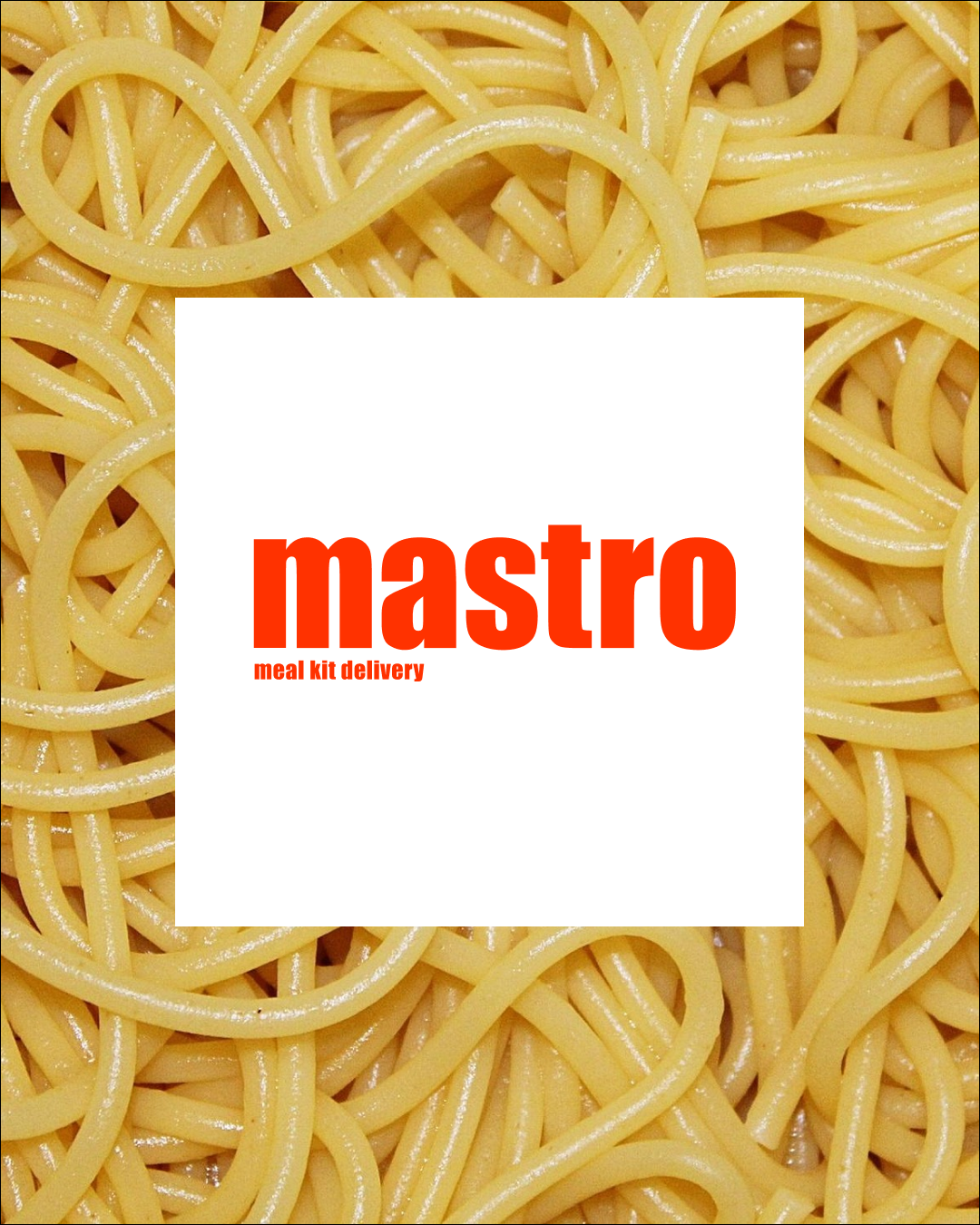Ի՞նչ է
mastro-ն
Mastro-ն շաբաթական բաժանորդագրության վրա հիմնված սննդային փաթեթեների առաքման ծառայություն է, որը տրամադրում է ճշգրիտ չափաբաժնով բաղադրիչներ և պարզ բաղադրատոմսեր տանը հեշտությամբ պատրաստելու համար։

Ինչու՞ հենց mastro-ն
Բազմազանություն
Բաղադրատոմսերի լայն ընտրություն՝ ընտանեկանից մինչև էկզոտիկ խոհանոցի յուրահատուկ ճաշատեսակներ
Որակ
Թարմ, բարձրորակ բաղադրիչներ տեղական արտադրողներից
Հասանելիություն
Քայլ առ քայլ բաղադրատոմսեր, որ կպահանջեն 15-ից 30 րոպե պատրաստման ժամանակ

Մեր խոստումը
Մեզ համար անչափ կարևոր է հասանելի դարձնել իրական ուտելիքը, իրական բույրերը և սեղանի շուրջ կիսած իրական, ջերմ պահերը։ Մեր նպատակն է ուտելիքը բերել տուն, վերադարձնել թխելու, եփելու, պատրաստելու ուրախությունն ու վայելքը։
Սոցիալական պատասխանատվությունը մեր հանձնառությունն է
Mastro-ի հետ
Ռեսուրսներն օգտագործել պատասխանատու
Կրճատել և ապա վերացնել սննդի վատնումը
Ստեղծել փաթեթավորում` անվտանգ մեր մոլորակի համար
փոխիր աշխարհը

Գալիք շաբաթվա մենյուն
Ընտրիր քո սիրելի ուտեստը մեր 150+ բաղադրատոմսերից

Ասիական կոլոլակներ խոզի մսով
Իմանալ ավելին

Հնդկահավի բուդ կարմիր գինու սոուսով, ոսպով և գազարով
Իմանալ ավելին

Տոմ յամ ապուր
Իմանալ ավելին

Սաղմոնի բոուլ մեղրով և սրիրաչայով
Իմանալ ավելին

Ֆարֆալե պաստա չորիսոյով և կարմիր պղպեղի սոուսով
Իմանալ ավելին

Չիմիչուրի ստեյք սենդվիչ
Իմանալ ավելին
Ի՞նչ են ասում մեր հաճախորդները mastro-ի մասին
Հարցե՞ր
Պատրա՞ստ եք ստանալ
Ձեր տուփը
Պատվիրել հիմա








.png)





.png)

.png)
